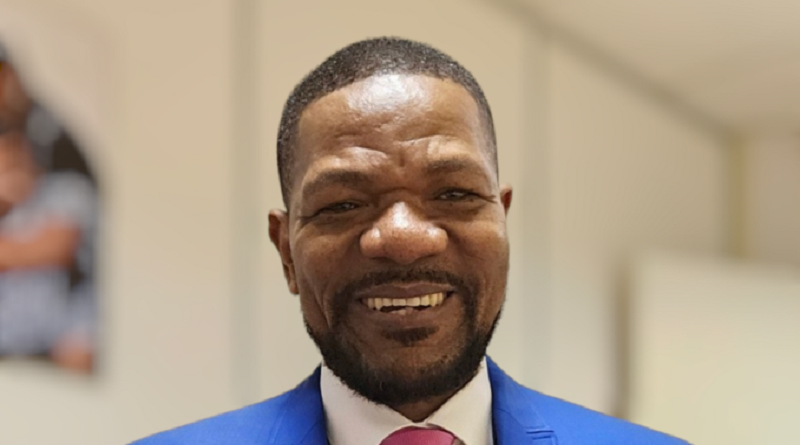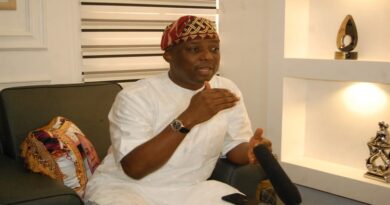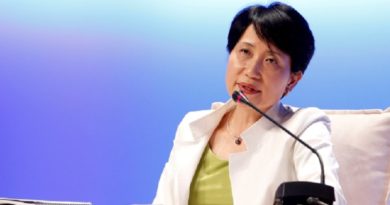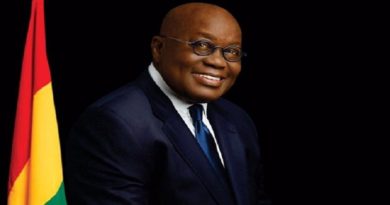Group to honour Richard Munang, others as community renewable energy heroes during Africa week
As Africa Week is marked across the continent, 350Africa.org has enlisted the support of communities to shine a light on community renewable energy heroes through the AfrikaVuka Awards. In a week-long event dubbed AfrikaVuka week, 350Africa.org is joining forces with groups under the AfrikaVuka network to recognize and award trophies to actors who have elevated renewable energy advocacy, built or supported community-centered renewable energy projects or solutions in the continent.
The process entailed a nomination exercise where members of the public identified key players. In this rigorous selection process, a committee shortlisted outstanding candidates who would receive recognition for their contributions to sustainable, community-centered, equitable, and affordable energy access in Africa. Honorees represented 7 categories among them individuals, grassroots community groups, institutions, and innovation hubs drawn from 10 countries across the continent.
List of honorees
Dr. Richard Munang – Cameroon
Dr. Munang leads impactful renewable energy initiatives across Africa. With the EBAFOSA framework in over 40 countries and Innovative Volunteerism engaging over 3 million youth, he’s driving inclusive partnerships for a green future.
Julius Mujuni – Uganda
Julius Mujuni, our Solar Kabaka has been involved in off grid renewable energy initiatives that have led to establishment of over 196 businesses.
SALAKO Mahutin Antoine – Benin
Salako has contributed to transforming remote areas by distributing solar kits and enhancing energy access across the country.
ENDA Energie – Senegal
Enda Energie Senegal is an organization that has brought sustainable energy solutions to communities with projects like Progres Lait, B Energy, and Improved Stoves.
350 GROC – Ghana
From stopping coal to sparking a green revolution, 350GROC launched the Renewable Energy for Communities (RE4C) initiative in Ghana. With programs like Renewable Energy for Schools and Women in Renewable Energy, the group is driving the charge for a sustainable future.
Global Initiative for Food Security and Ecosystem Preservation from Nigeria (GIFSEP) – Nigeria
GIFSEP has empowered communities through solar technology training and kit distribution to the Owukpa community and IDP camps in Benue and Bornu states.
Cercle des Grands Pionniers CGP – Benin
CGP utilizes technical skills to provide troubleshooting and installation services for decentralized and affordable renewable energy.
Lindy Nzwana – South Africa
Lindy is empowering her community through the Tshwaranang Community Project which showcases socially-owned renewable technology.
Mphatheleni Makaulule – South Africa
Mphatheleni provides her community with power from her solar PV system, which greatly benefits students and lobbies local authorities to invest in renewable energy.
Mamosweu Tsoabi – South Africa
Mamosweu’s grassroots group Serapeng sa Ditlhare NPC launched the Village Kitchen, a community-owned renewable energy center in Waterdal, Vaal which provides sustainable cooking solutions to locals.
Landry Ninteretse, Regional Director, 350Africa.org said, “These awards highlight the growing, people-driven renewable energy movement taking root in Africa. Communities are actively rejecting fossil fuels and embracing the development of safe, reliable, and decentralized renewable energy systems. With concerted efforts from all stakeholders, a future powered by renewable energy, with universal access to clean energy, is within reach. Africa has the potential to contribute significantly to the global goal of tripling renewable energy capacity if governments and financial institutions prioritize renewable energy initiatives and provide the necessary funding to support the build-out of renewable energy and an equitable shift away from fossil fuels. Addressing the climate crisis and meeting our energy needs in Africa requires substantial investment in renewable energy and an enabling regulatory framework.”




